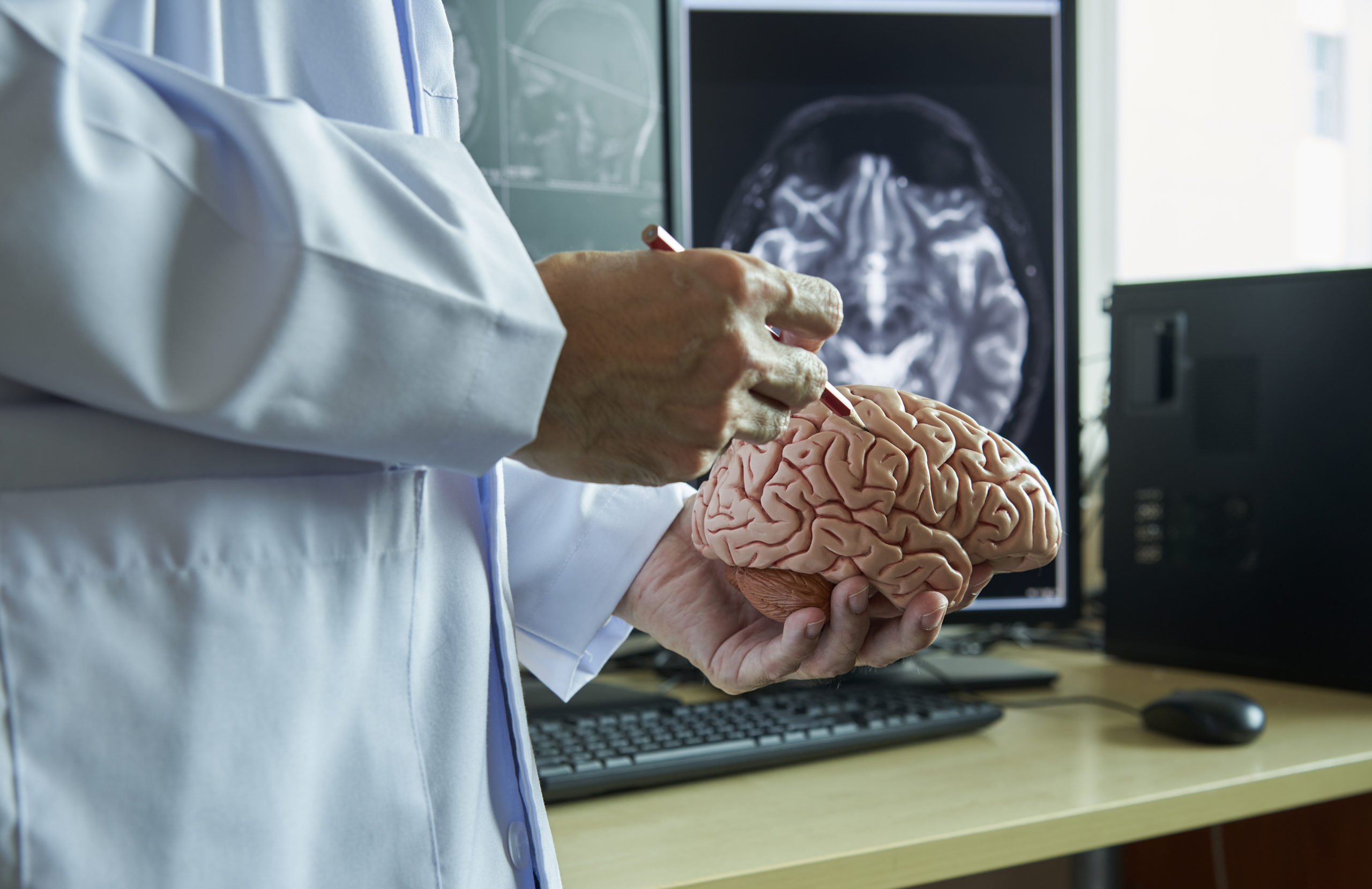100 Million Neurons Found Outside The Brain: Is there a link with migraine?
Brain and Migraine
Trupti Gokani, MD is a neurologist and author of The Mysterious Mind. She practices a blend of Western and Eastern medicine which focuses on the root cause and holistic treatment of a patient, combined with functional neurology. Dr. Gokani told us about the significance of the gut-brain connection in her recent interview.
As neurologists, Dr. Gokani says, we study the central nervous system. “We look at the brain that’s in our head, the spinal cord, and the peripheral nervous system, which includes the autonomic, sympathetic, and parasympathetic nervous systems. We don’t focus on that other system, which is the enteric nervous system. That’s the nervous system that’s in our guts.” She explains:
“We’ve all felt this, those gut instincts, that sensation of butterflies in our stomachs. That feeling when you feel fearful or nervous, apprehensive, or anxious, even excited. That’s the gut talking to the brain.
The gut-brain communication is extremely important and so complicated that it’s referred to as “the second brain“. The vagus nerve is the communication highway that links the gut to the brain.
“I think there’s more chatting from the gut to the brain than there is from the brain to the gut,” Dr. Gokani suggests. “And oftentimes, the gut is chatting and talking before the brain is even aware of a stressor.”
“If you actually disconnected the gut and brain, the gut would operate on its own. So this enteric nervous system in the gut can actually function independently of the brain.”
“There are a hundred million neurons in the small intestine.” That’s the same amount of neurons in the spinal cord of the central nervous system.
Neurotransmitters are chemical messengers in the body which have also been found in the gut. Serotonin is a neurotransmitter that is thought to play a significant role in migraine. Dr. Gokani reveals that “95% of serotonin is made in your gut”.
GABA is another neurotransmitter that is believed to play a role in migraine and interacts with gut bacteria. GABA is an inhibitory neurotransmitter that is released by the vagas nerve and manufactured in the gut. Stress can reduce GABA production. Dr. Gokani continues:
“If you’re stressed, what’s going to happen? You don’t make GABA. So not only is your gut stressed but the bacteria get stressed because they don’t get GABA to calm themselves down. A lot of things happen (which may be influencing your migraine condition), so it’s a really powerful neurotransmitter.
Another connection between migraine and the gut was found in a study by Dr. Roger Cady in 2009. 50% of migraine patients were found to have some type of reflux. If we experience symptoms such as gas, bloating, constipation, reflux and diarrhea, “it tells us that the gut is not in harmony. And if that is happening, that is not a balanced gut.”
If you want to learn more about the following issues go and watch the wole interview to Dr Trupti Gokani at the end of this article:
- How gastroparesis blocks oral medications.
- When your gut may be making your migraine condition worse.
- Detoxification and cleansing strategies.
- Why there isn’t more discussion, research, and evidence about the gut-brain connection in migraine.
- Tips to improve your gut health.
Full interview: https://www.migraineworldsummit.com/public-2018-trupti-gokani/














